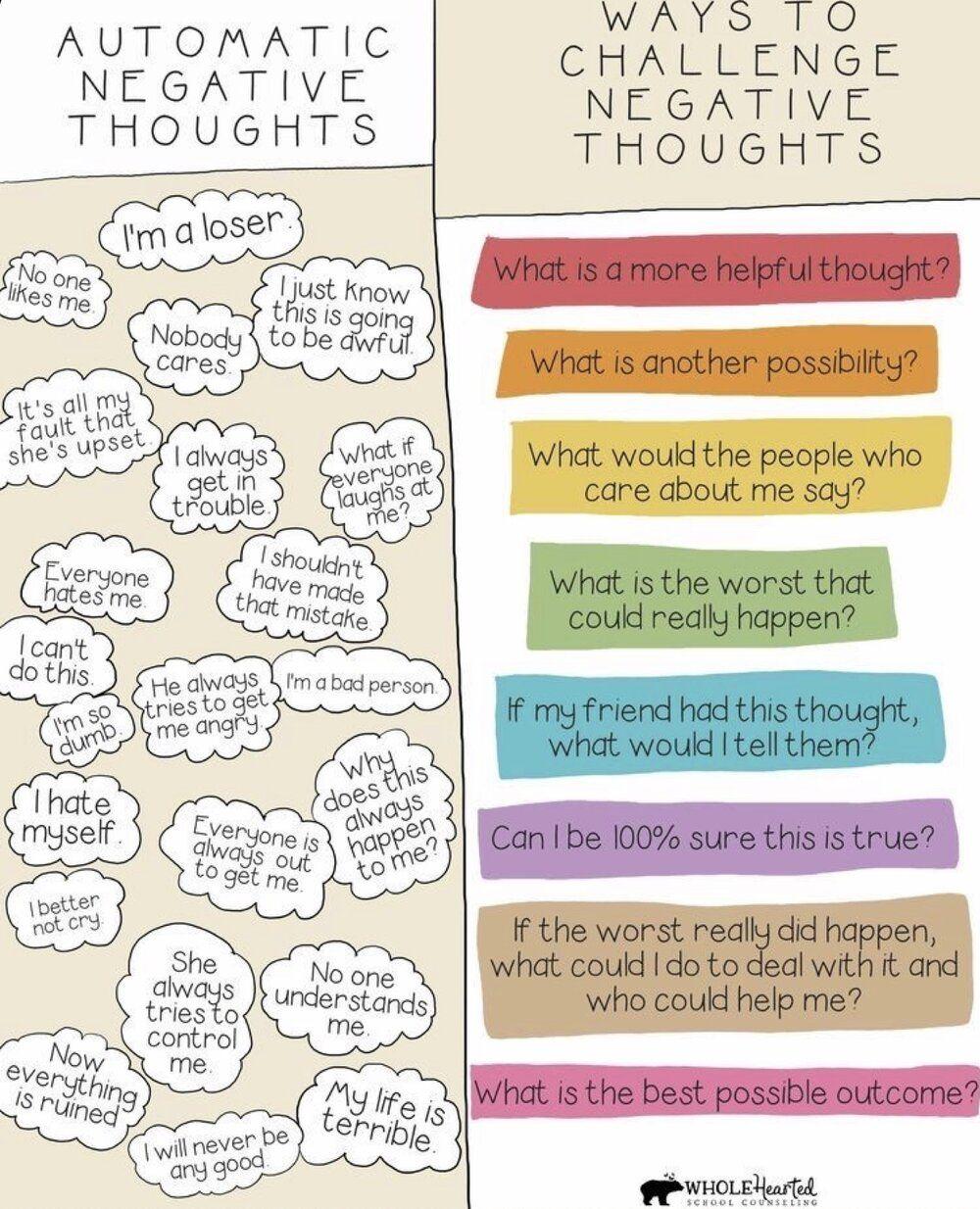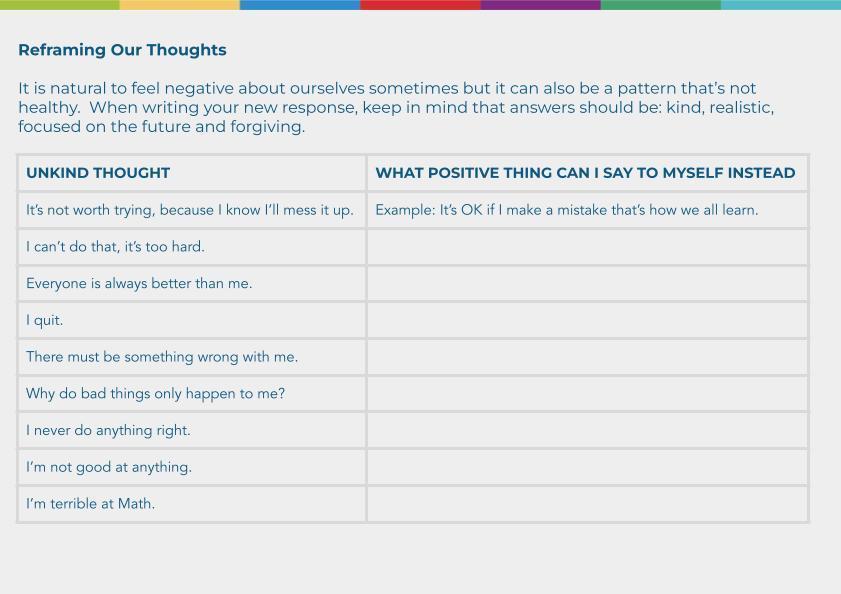
2 minute read
Wellbeing Message From Ms Cooper, Assistant Head
MS NICHOLA COOPER
ASSISTANT HEAD
Advertisement
Why is Wellbeing Important?
Recent years have seen the importance of mental and emotional wellbeing surge, especially within schools. Students have to navigate complex stressors and pressures within many different aspects of their lives and although stress is a normal and healthy response to difficult events, it's vital they know how to control and manage this. Whilst it can be easy for schools and families to be more focused on short-term victories such as results from end of topic tests or end of year exams these short-term results cannot compare to the life-long advantages of positive wellbeing. In fact studies have shown that the greatest predictor of adult happiness at 16 years old is not the GCSE grades they receive but their emotional wellbeing score at that age.
Facets of wellbeing, such as gratitude, hope and emotional regulation have been found to improve academic performance. Students with high levels of hope can overcome failure without detriment to self-worth; gratitude increases students' self satisfaction and is positively correlated with more life satisfaction and social integration. Children can often be over critical of themselves so it's important to encourage them to reframe these comments in a more positive manner. Reframing can help to build a growth mindset and is a cognitive behavioral technique we introduce in our MELs sessions.
Put simply, those that feel better can learn better At BSAK we have made a commitment to putting wellbeing at the forefront of what we do and prior to the exams I shared our padlet and the resources designed to help “reduce anxiety through effective revision”. In this newsletter I invite you to read through the following tip on how to promote high self esteem at home. The advice has been taken from the NHS website and KidsHealth and is designed for parents.
You can find further wellbeing resources on self esteem using the padlet.

How to help your child redirect harsh self criticism
An example activity that you could do with your child is below.
Children, and adults often find this activity really difficult, especially in the beginning so you can find some tips on questions to ask on this graphic.










